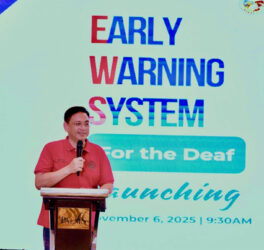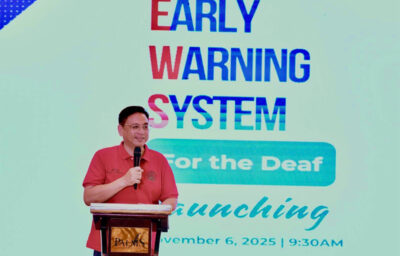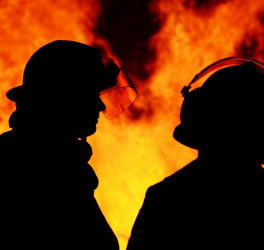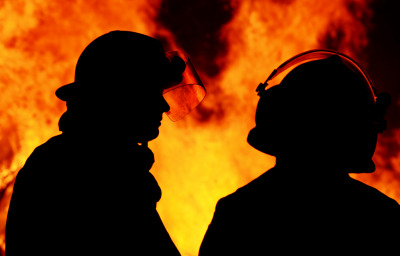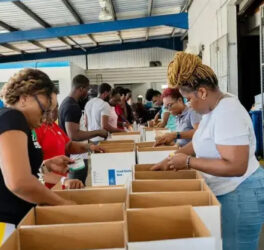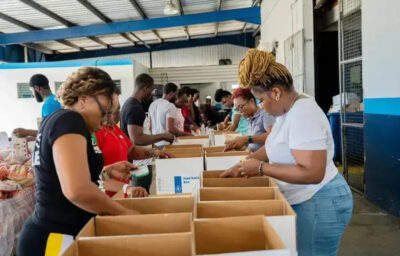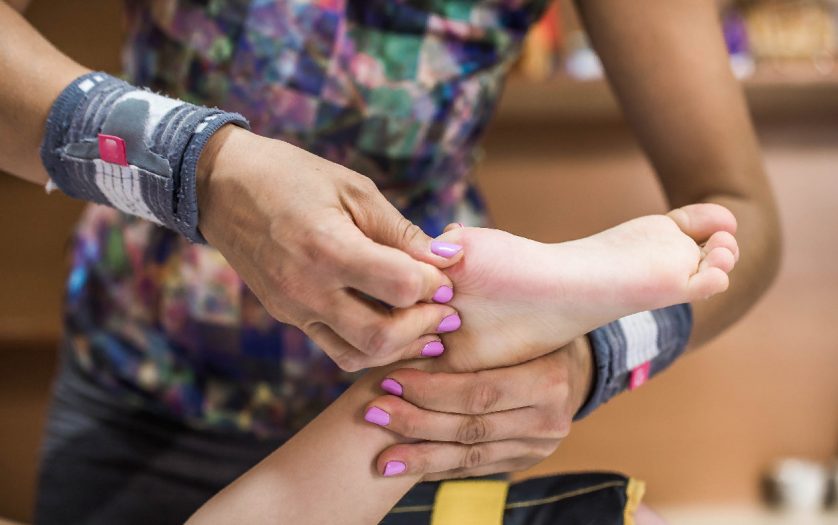
Emergencies including conflicts and disasters can create large surges in rehabilitation needs that are beyond the capacity of most health services to manage. Despite this, rehabilitation is rarely considered as part of emergency preparedness, and during responses, rehabilitation needs are often considered too late.
WHO’s critical functions for emergency responses include (amongst others) providing information and planning, technical expertise and coordination. As part of the Rehabilitation 2030 agenda, WHO is now building its technical capacity to provide operational rehabilitation expertise in these areas.
Occurring at the same time as a worsening COVID-19 pandemic, the 2020 Nagorno Karabakh conflict resulted in a surge in traumatic injuries in Armenia. Faced with these two challenges, the government of Armenia mounted a response to effectively manage the wounded, and in February 2021, it was agreed that WHO would deploy a technical advisor to work with the Ministry of Health on a rapid assessment of the rehabilitation situation, and to support the establishment of a rehabilitation coordination platform.
Working closely with the Ministry of Health, we mapped key stakeholders and facilities and created a network of organisations. Fifteen facilities were assessed, and key needs were identified. A stakeholder workshop was held, bringing together UN agencies, rehabilitation service providers, non-governmental organisations, diaspora and academic institutions to identify national priorities, and a strategic plan was developed.
The WHO country office has now employed a national rehabilitation coordinator to co-chair rehabilitation coordination, and the WHO regional office in Europe will continue to provide support to Armenia as it strengthens it rehabilitation services following the conflict.
“Real time exchange of information and coordination of measures is crucial for an effective rehabilitation response. In this regard, we highly value the WHO expertise on the ground which will contribute to the successful implementation of the rehabilitation services,” says Deputy Minister of Health Gevorg Simonyan.
The response in Armenia has demonstrated the important role that operational rehabilitation support delivered by WHO can play during and after emergency responses. WHO will continue to develop this capacity, and support countries to integrate rehabilitation into emergency preparedness, as part of the Rehabilitation 2030 agenda.

